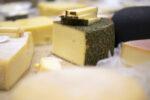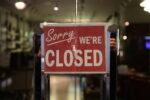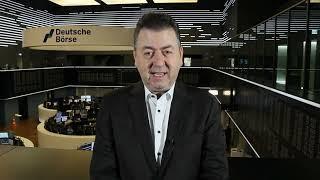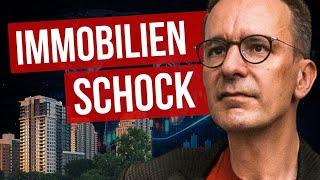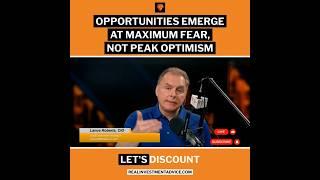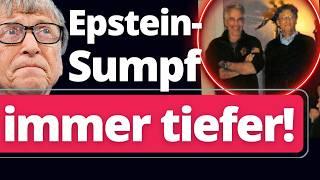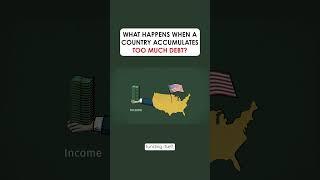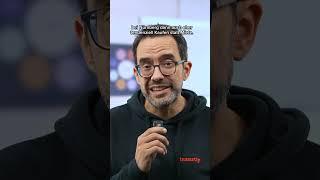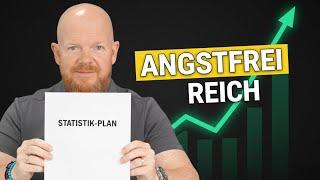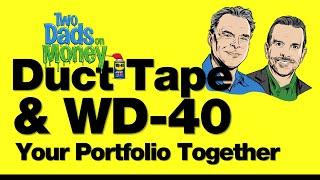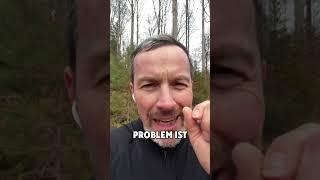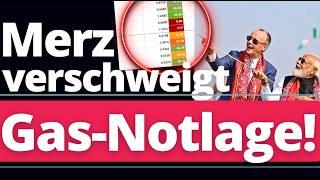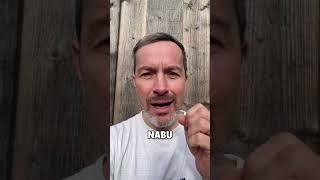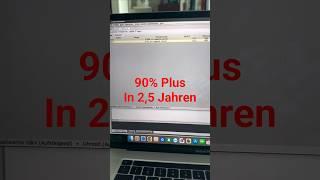| Marc Faber, Editor and Publisher of “The Gloom, Boom & Doom Report’” talks about long-term cycles in economics and the current Kondratieff wave.
You already mentioned commodity cycles. Economists have long debated the existence of long term waves in economics – the most prominent concept of which is the so called Kondratieff cycle. In your 2002 book you pick up on the idea by guessing where we might find ourselves in the current Kondratieff wave. If you did the same today, what do you think? Are we still in a falling wave? What are the important characteristics to look at? And most importantly, what does it mean for the medium to long-term outlook? So in the 19th century we had several cycles, upcycles and down cycles. Basically the last down cycle as I mentioned would have been in essentially 1980 to around 1998-1999, so approximately twenty years. The up cycle before was between the 1940s and 1980s. You can’t measure it precisely. My sense is that one missing element in the Kondratieff in the late 1990s and early part of 2000-2005 was that normally when the Kondratieff bottoms out, Schumpeter, he built his business cycle theory around the Kondratieff and he explained that usually in the trough of the Kondratieff, in the depression, you have a massive liquidation of debts, and that hasn’t happened, it hasn’t happened. So we can´t say that there has been deleveraging, on the contrary! The debt level is even more burdensome today than it was in 2007. Therefore it is possible that the big debt deleveraging is yet to occur and when it occurs then obviously commodity prices will still be weak for a while. Therefore it is possible that the big debt deleveraging is yet to occur and when it occurs then obviously commodity prices will still be weak for a while. Where would they be? Because that decline in commodity prices would signal a huge problem in the global economy and under those conditions I doubt that financial assets would do well, there would be massive bankruptcies among governments and massive write offs in sovereign debts. Greece should write off at least 50% of their debts and even then the debt would probably be too burdensome for an economy that hardly produces anything! So these are signals that I take very seriously and I quite frankly given the recent weakness in commodity prices, I can´t see how the global economy is getting stronger. I just can´t see it. What was still in place until recently is this long term down trend in interest rates. Yes, sure. You see, traditionally the Kondratieff is a price cycle and interest rates follow the Kondratieff very closely. So if you take the last cycle, the peak 1980 for commodity prices and at the same time you had the interest rate peak in September 1981 when long term US treasuries were yielding over 15%. Then we have the down trend in the Kondratieff until 1999 -2000, the commodity prices start to go up but interest rates continue to go down. So that would again suggest that there is a possibility that this entire boom in commodities in 2000-2008 was actually a bull market within still a downward wave in the Kondratieff, it is possible. Interview conducted by Johannes Maierhofer and Peter Matay Full Interview – http://www.marcopolis.net/the-big-picture-with-marc-faber.htm http://www.marcopolis.net/ http://www.marcopolis.net/marc-faber-long-term-cycles-in-economics-and-the-current-kondratieff-wave.htm |
Tags:














